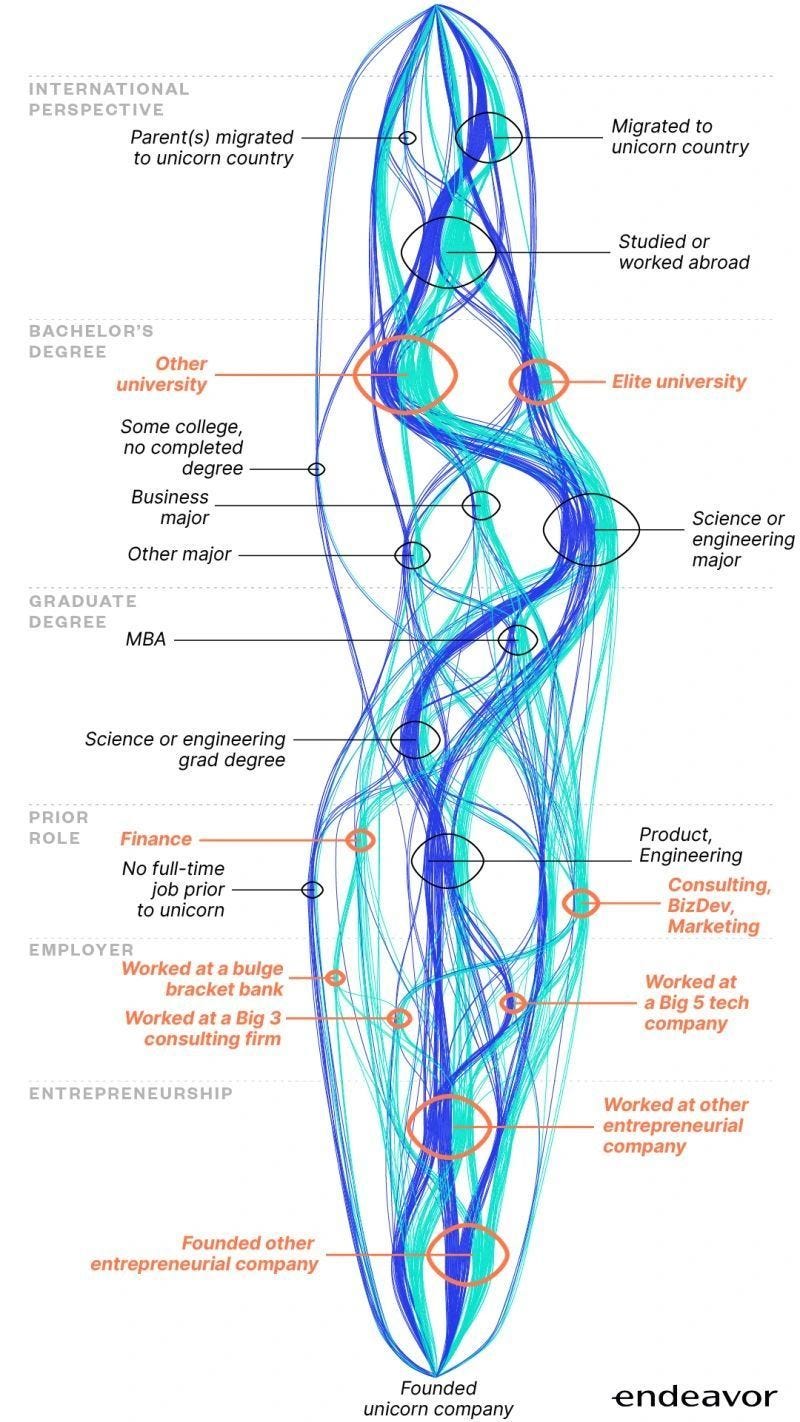Investing in Engineers
Having now invested in over 70 companies at institutional, corporate, and angel funds I’ve gotten to do a lot of pattern matching on companies. I really hate hard-and-fast rules, but there’s one that I can’t get out of my head: you have to invest in engineers.
Saying it out-loud, it seems kind of obvious, but if you’re investing in someone to build a technology company they need to know a lot about building technology. Just like a car mechanic isn’t my first pick to build a rocket company over a rocket scientist, “operators“ are not my first pick to build technology companies, builders are. This isn’t about averages, it’s about the outliers that drive most of the returns. In my investing career I’ve invested in 3x what would become billion+ dollar companies at seed, and the founders were:
A PhD in computer science from top school in Europe quitting their post-doc
Two assistant professors in computer science at the University of Toronto
Two big tech folks in ML
Then, of the 10+ Series A and beyond companies, not a single one didn’t have at least 50% ownership by an engineer at the beginning. I haven’t had a single company founded by a strictly non-engineer team make it to Series A, and I’ve done a stat-sig number. Most often the cofounders are also close friends of each other, or could be described that way.
Isn’t that bias? This is a business, not a charity. Bias would be saying “I’m only investing in xyz ethnic group.“ So far I haven’t found any patterns that make that seem anything other than stupid. That said, if you’re only investing in engineers, your portfolio is going to represent the same groups of people who decide to pursue engineering as a career path, woke-isms aside.
Are there downsides to funding engineers? Yes, especially if you’re a people person, because most engineers (myself included) do not come with pre-installed people skills, but we learn (usually the hard way).
I’m still figuring out exactly why these companies do so well, but the only real pattern matching I have (anecdotally) is when the engineer builds the thing and then realizes the problem just became market and sales, so they turn sales and marketing into an engineering problem and the rest of the team pours fuel on that fire. That combined with a good idea in a good market is usually a winner.





